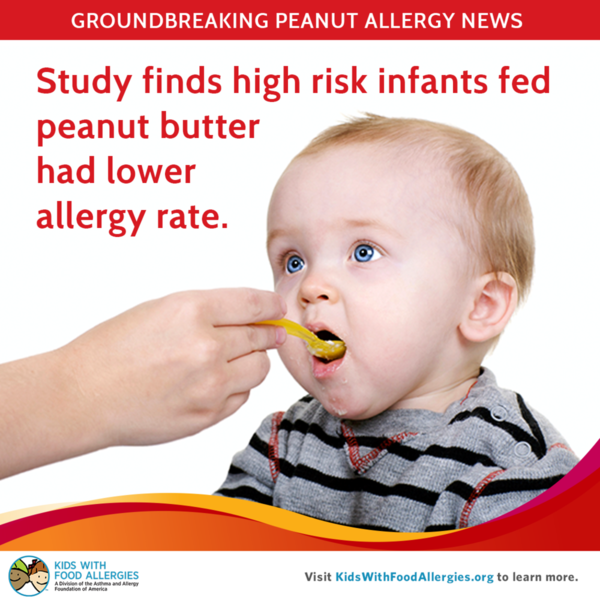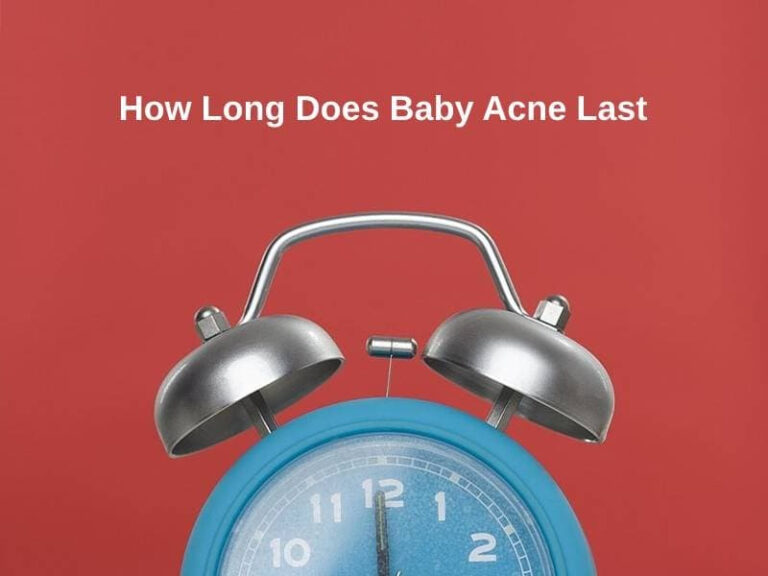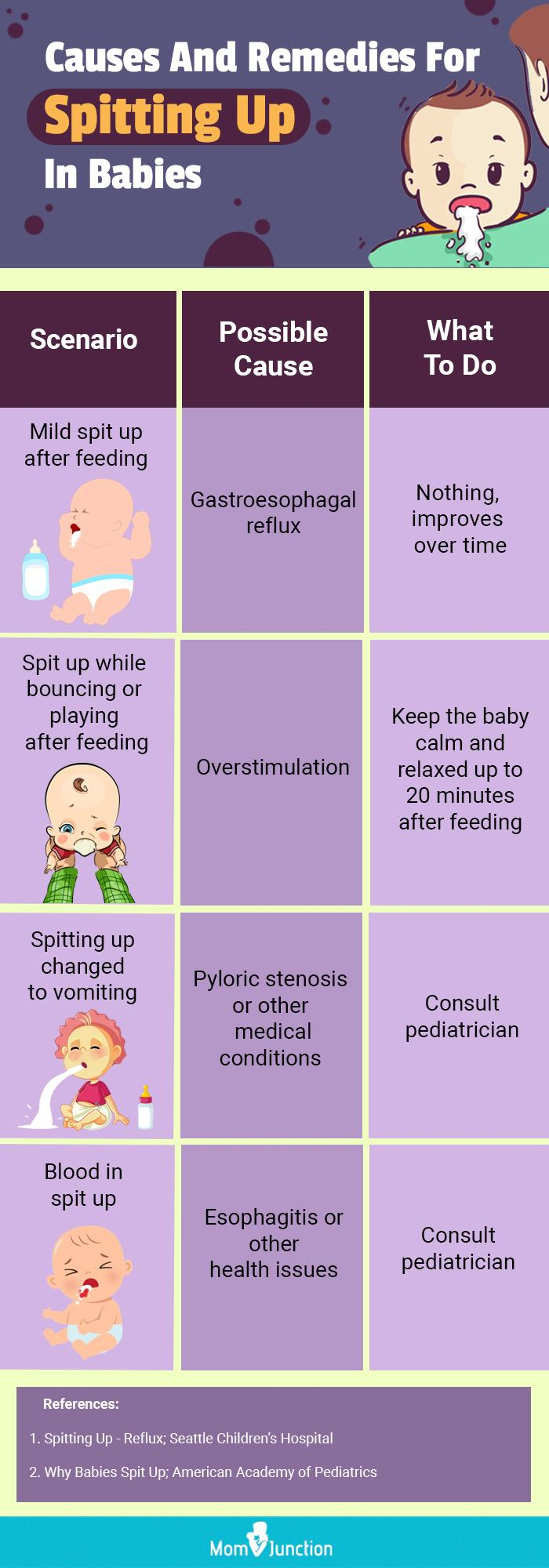How Long After Peanut Butter Reaction Baby
Are you curious about how long it takes for a baby to have a reaction after consuming peanut butter? This article will provide you with all the information you need to know about the timeline of a peanut butter reaction in babies.
Knowledge
When it comes to introducing peanut butter to your baby, it is essential to be aware of the potential risks and reactions that may occur. Peanut allergies are one of the most common food allergies in children, and it is crucial to introduce peanut butter to your baby in a safe and controlled manner.
After consuming peanut butter, a baby may experience a reaction within minutes to a few hours. The symptoms of a peanut butter reaction in babies can vary from mild to severe and may include hives, itching, swelling, vomiting, diarrhea, or difficulty breathing. In some cases, a severe allergic reaction known as anaphylaxis can occur, which is a medical emergency that requires immediate attention.
It is recommended to introduce peanut butter to your baby gradually and monitor for any signs of a reaction. If your baby has a known allergy to peanuts or a family history of peanut allergies, it is essential to consult with a pediatrician or allergist before introducing peanut butter.
If your baby experiences a reaction after consuming peanut butter, it is crucial to seek medical attention immediately. The timing of the reaction can vary from one baby to another, so it is essential to be vigilant and monitor your baby closely after feeding them peanut butter.
Conclusion
In conclusion, knowing how long it takes for a baby to have a reaction after consuming peanut butter is essential for parents and caregivers. By being informed and prepared, you can ensure the safety and well-being of your baby when introducing new foods like peanut butter. Remember to always consult with a healthcare provider if you have any concerns or questions about your baby’s health and potential allergies.
Overall, this article is beneficial for parents, caregivers, and anyone interested in learning more about peanut butter reactions in babies. By understanding the timeline of a peanut butter reaction and being prepared for any potential risks, you can make informed decisions and prioritize your baby’s health and safety.






